Understanding AC Alternator Generators 220V
AC alternator generators 220V are essential in providing a reliable power source where grid electricity is unavailable or as a backup during outages. These generators convert mechanical energy into electrical power, offering an alternating current (AC) suited for various applications.
Types and Applications
There are multiple types of AC alternator generators 220V, each designed to meet specific requirements. From industrial use where three-phase power is essential, to residential areas where single-phase power suffices, these generators are versatile. Their applications range from construction sites to emergency power systems in hospitals and event hosting.
Features and Efficiency
An AC alternator generator 220V is engineered for efficiency and durability. Features such as automatic voltage regulation and low-oil shutdown ensure consistent power output and protection for the generator. The efficiency of these generators is reflected in their fuel consumption rates and ability to provide stable electricity with minimal waste.
Materials and Construction
The construction of an AC alternator generator 220V involves robust materials that can withstand harsh environments. High-grade steel frames, copper windings, and industrial-quality components are common, ensuring longevity and reliability.
Advantages of Diesel-Powered Generators
Diesel-powered AC alternator generators 220V are known for their longevity and lower maintenance requirements. The absence of spark plugs and carburetors in their motor structure simplifies the engine, enhancing its efficiency and reducing the need for frequent servicing.
Selecting the Right Generator
When considering an AC alternator generator 220V, evaluating factors such as power output, phase, fuel efficiency, noise level, and portability is crucial. Selecting a generator with optimal fuel efficiency can lead to cost savings, while considering noise levels is important for residential use to minimize disturbances.



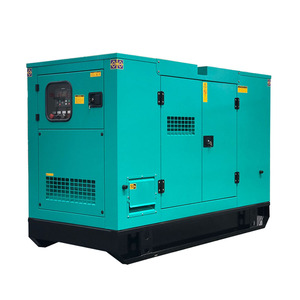

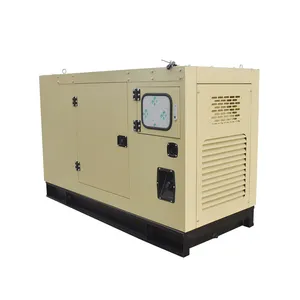





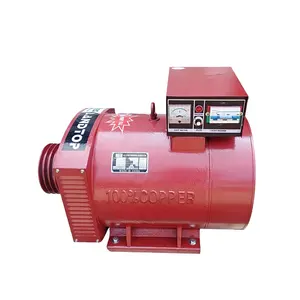

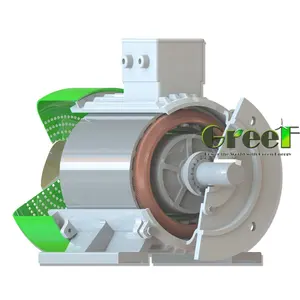



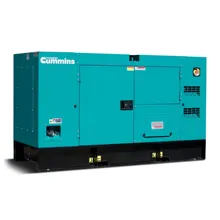


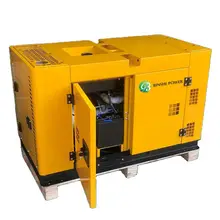
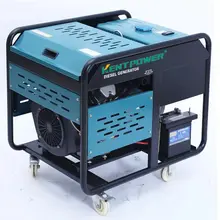
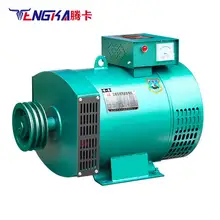





















 浙公网安备 33010002000092号
浙公网安备 33010002000092号 浙B2-20120091-4
浙B2-20120091-4